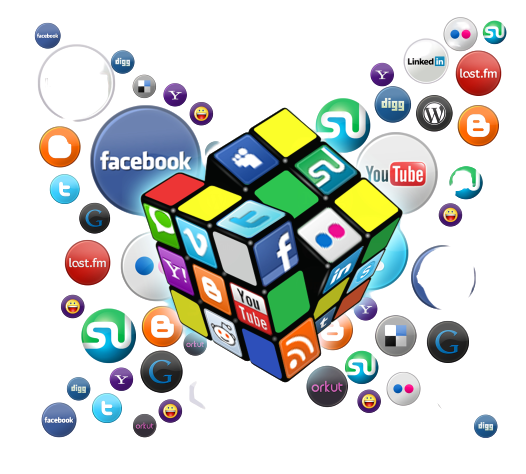How Social Media Is Hacking Our Brains

Thanks to Medium & OneZero for this article:: On my recent birthday, only four of my 711 Facebook “friends” wrote on my wall. It was tempting to assume that people scrolling their news feeds saw it was my birthday and thought “Nah, not interested.” My rational brain, however, knew it wasn’t my friends who lacked basic decency, but the algorithms that ran their online social behavior. Being an occasional user of Facebook, the algorithm doesn’t freely grant me visibility to others — part-timers like me have to work for it. So I played ball and posted a photo of me enjoying my birthday. My motivations for doing this were mixed — part of me wanted to see how the algorithm would respond, but a bigger part of me irrationally feared I was being shunned and needed validation that this was not the case. Having met the algorithm’s demands, within an hour I was granted visibility on others’ news feeds — now people wouldn’t stop writing on my wall.
Being an occasional user of Facebook, the algorithm doesn’t freely grant me visibility to others — part-timers like me have to work for it.
Instead of finding the whole thing ridiculous, I felt a strong sense of social acceptance that contrasted deeply with the rejection I had felt just hours before. I felt significant again, and spent the rest of my birthday on my phone reading and responding to all my messages.
This wasn’t exactly The Great Hack, but this kind of preying on our brains’ desire for tribal acceptance happens every day on social media. Not getting any likes on our post can feel as painful to our brain as being cast out from a tribe that ensures our survival. This leaves us vulnerable to manipulation by social media apps, but we don’t have to be.